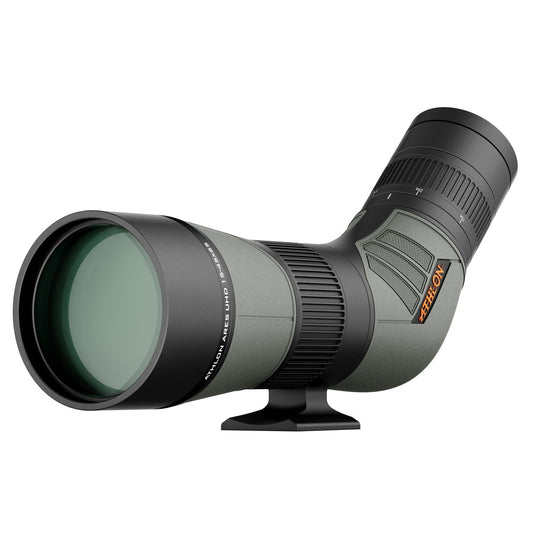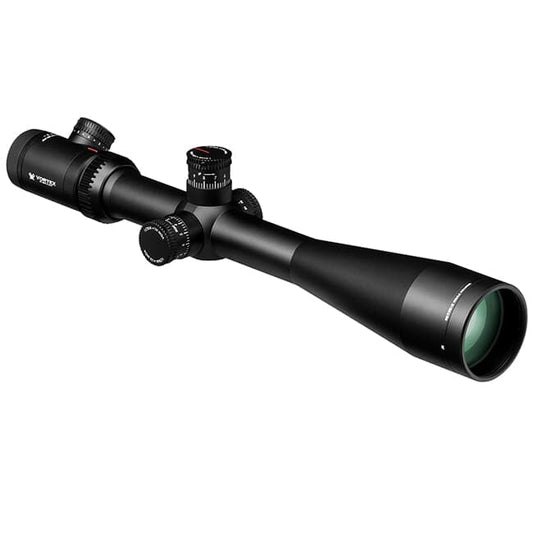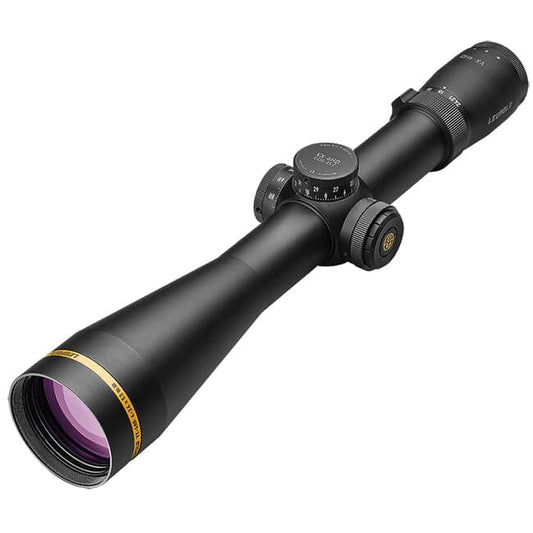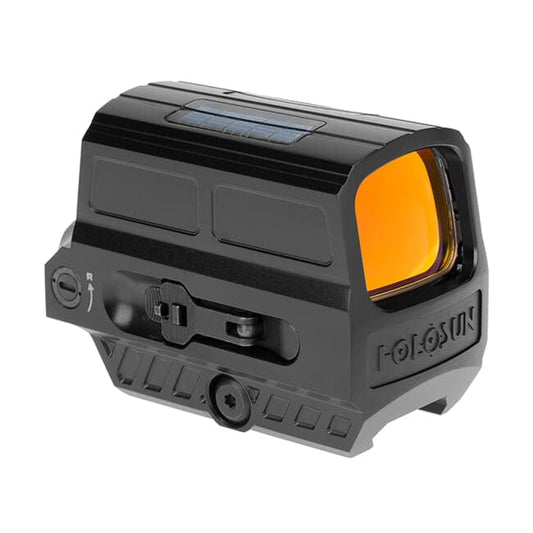

Athlon Optics Ares G215-45x65 UHD Spotting Scope offers precise optical performance for outdoor enthusiasts. Featuring advanced fully multi-coated lenses and ED glass, it delivers bright images with enhanced detail, even in challenging light conditions. The BAK4 prism technology ensures high light reflectivity, resulting in vibrant colors and a sharp field of view. With a rugged aluminum chassis filled with argon gas, this spotting scope is both waterproof and fog-proof, making it suitable for unpredictable weather during your outdoor activities.
Weighing just 50 oz, the Ares G215-45x65 is designed for easy transport, equipped with interchangeable eyepieces that allow you to customize your magnification preferences. Its close focus capability of 13.1 feet makes it an excellent choice for wildlife observation. Whether you're birdwatching, hunting, or enjoying scenic views, this spotting scope provides the clarity and versatility you need to connect with nature.
Key Features:
- ENHANCED CLARITY for wildlife observation in any light.
- INTERCHANGEABLE EYEPIECE allows personalized magnification options.
- EXTREME DURABILITY with an aluminum chassis for rugged use.
- XPL COATING protects lenses from dirt and scratches.
- BAK4 PRISM offers bright, clear images for stunning views.
- WATERPROOF DESIGN ensures reliability in wet conditions.
- ARGON PURGED construction prevents fogging during temperature changes.
- ROTATING RING allows easy adjustment for comfortable viewing angles.
Technical Specifications
| Feature | Details |
|---|---|
| Magnification | 15-45x |
| Objective Lens Diameter | 65 mm |
| Prism Glass | BAK4 |
| ESP Dielectric Coating | Yes |
| XPL Coating | Yes |
| ED Glass | Yes |
| Field of View | 171-81 ft |
| Weight | 50 oz |
| Dimensions | 11.9"x3.0" |
What’s in the Box?
- Lens covers
- Padded case
- Neck strap
Customer Reviews
“The clarity of this scope is incredible! I can see details I never thought possible!” - Sarah K.
“Perfect for spotting game, it’s lightweight and super easy to adjust.” - Mark T.
FAQ
- How well does it perform in low-light conditions? The scope features advanced coatings that enhance light transmission, making it ideal for dawn or dusk.
- Is it maintenance-free? Regularly wipe the lenses and store it in a dry place to prolong its life.
- Can I use it for birdwatching? Absolutely! Its close focus and zoom capabilities make it perfect for spotting birds.
- How does it compare to other spotting scopes? The Athlon Optics Ares G215-45x65 offers superior clarity and light transmission, setting it apart in its class.
- Does it come with a warranty? Yes, it comes with a limited lifetime warranty for peace of mind.
Similar Models
Looking for the perfect binoculars? Discover our extensive Athlon collection, including models like the Athlon Optics Midas 10x42 for a compact option and Athlon Optics Cronus 10x42 for premium performance. Explore our full collection for exceptional optics tailored to your adventures.
You May Also Like
Here’s some of our most similar products people are buying. Click to discover trending style.








